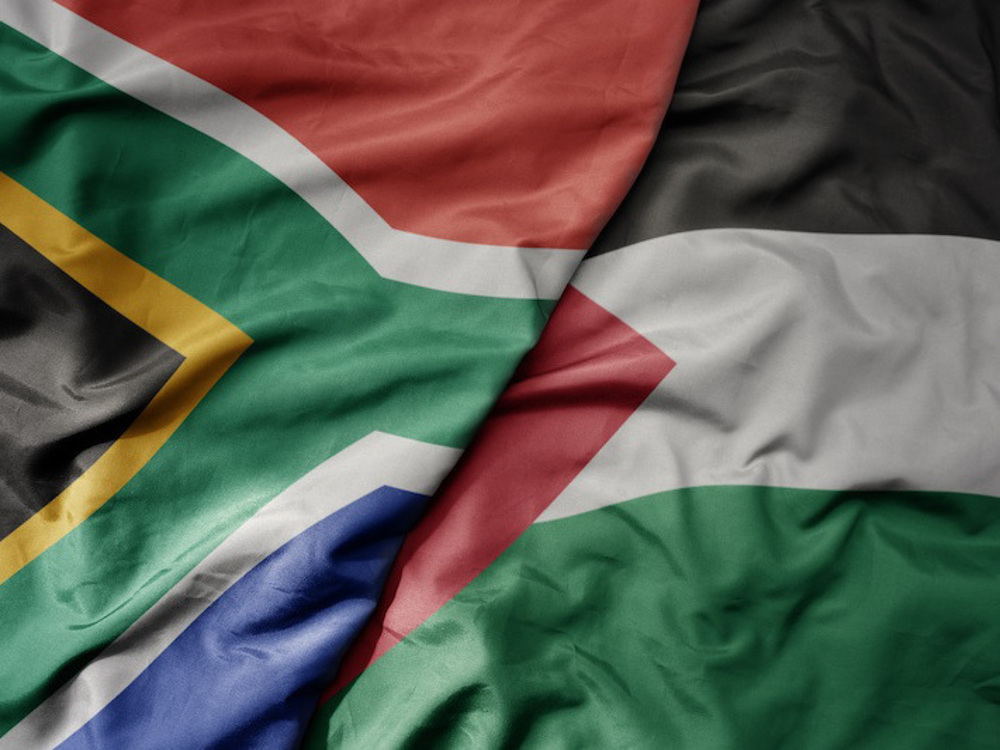WHO warns of high risk of cholera epidemic in DR Congo's capital
The World Health Organization (WHO) has warned about a high risk of a cholera epidemic in the Democratic Republic of the Congo.
WHO's Africa director Matshidiso R. Moeti said at a press briefing Monday that flooding in January that tore apart Kinshasa, the teeming and ramshackle capital of the country, had left many exposed to the great risk of contracting cholera.
“In a big city like Kinshasa, which has between 10 and 12 million inhabitants, the rains and the floods make the risk of a spread of this epidemic very high,” said Moeti.

Senior Health Ministry official Sylvain Yuma Ramazani also told reporters that “531 cases, with 32 deaths” had been registered since first signs of a cholera outbreak in Kinshasa emerged in November.
“The situation is serious,” Ramazani said, adding that 21 of the 35 health zones of Kinshasa had been hit by the spread of cholera.
Some 11 tonnes of medical supplies have been delivered to authorities by the WHO to enable them to respond to a potential crisis, said the United Nations health body. The UN said last year that slums comprised almost 75 percent of Kinshasa and many homes in those areas had no access to sanitation or electricity. The worst-hit neighborhood in the current cholera outbreak is Camp Luka, an overcrowded area where people have no access to toilets and potable water.
The flood-caused outbreak in Kinshasa comes amid a wider spread of the disease in DR Congo, a vast central African country. Estimates suggest a thousand people have died and 50,000 contracted the disease since 2017.
Cholera is highly infectious and can cause death in persistent conditions of poor sanitation and contaminated water or food.
VIDEO | Yemeni forces repel US-British attack, down F-18 Jet
Iran’s capabilities vast; enemy’s ‘maximum pressure’ policies all failed miserably: Senior official
Iran’s economy grew 2.7% y/y in Sep quarter: CBI
VIDEO | Freelancers in Gaza strive to stay online amid genocide
Mikati demands Israel's withdrawal from south Lebanon
Yemeni army strikes Israeli military sites with drones
‘Clock ticking’: UNRWA slams unjustifiable killing of children in Gaza
BP to be sued in Britain for supplying oil to Israel









 This makes it easy to access the Press TV website
This makes it easy to access the Press TV website